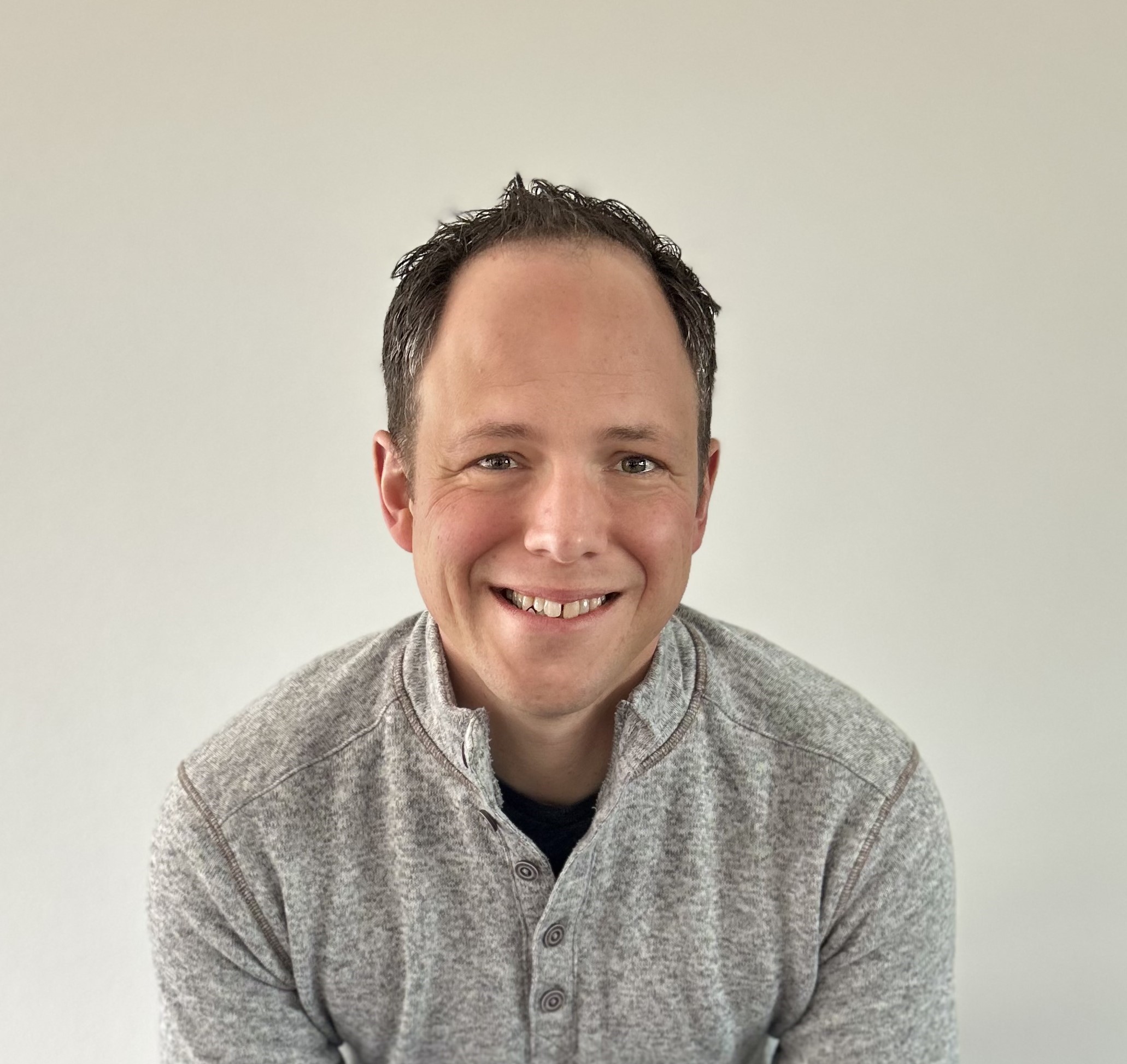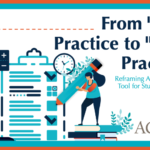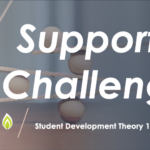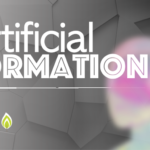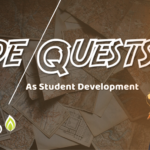This content is brought to you by the Association for Christians in Student Development (ACSD), a volunteer membership organization committed to equipping and challenging faithful professionals to infuse their Christian faith into student development practice and scholarship. Thoughtful content such as this is made possible by volunteer contributions and the financial support of membership dues. Interested in becoming a member for more awesome content just like this? Join today by clicking here!
Deconstruction is having a moment. The word has become a catch-all for reevaluating and sometimes rejecting Christianity in part or in whole. As I write, searching “#deconstruction” on Instagram yields 439,000 posts. Some posts advocate for reading scripture differently. Some advocate for a liberal theology. Some are thoughtful. Some are sarcastic. Some posts are soaked in heartache. Others drip with rage.
Some Christians champion deconstruction as a force that will save the church. Others condemn the word and anything associated with it. This article will not evaluate the deconstruction movement. Instead, it will attempt to answer the question, “How should a professional in Christian Higher Education respond to deconstruction?”
How Not to Respond
As a psychotherapist, former pastor, and former higher education professional, I believe our response should avoid the following:
- Bible Thumping: When someone has a question about faith, smacking down the question with a verse rarely helps. “That can’t be true! The Bible says…” will do little for a student who sees scripture differently.
- Guilt/Shame: Clutching our pearls while shouting, “I can’t believe you think that way. You’re a tool of the radical anti-Jesus agenda!” may temporarily silence a student. We may even shame them into censoring their thoughts. But the doubts will return with a vengeance when the shame wears off.
- Fear: We must keep our fear out of the driver’s seat. Students tell scared adults what they want to hear. Students open up to adults who lead with a slow, open, and curious tone.
Now that we have explored a few pitfalls, here are three ways to walk alongside students during deconstruction.
One: Curiosity
As a therapist, sometimes half of my job is simply being curious. Curiosity opens up space for growth and exploration. The next time a student comes to you with a doubt or crisis of faith, take a deep breath and ask a curious question. Don’t know where to start? Try one of these:
- What else have you been considering?
- When did you first notice this doubt/question?
- What has it felt like to carry these questions?
- What are possible ways forward? Have any paths emerged?
- What else do you want me to know?
Start with a question, then ask another and another. Slow down. In doing so, you will help the student lean into their wisdom. You also communicate that what they are dealing with doesn’t have to be a crisis because you aren’t responding like it’s a crisis.
I believe curiosity makes space for the Spirit to move. Maybe that’s why Jesus asked a lot of questions. If questions were good enough for Christ, they‘re probably good enough for us.
Two: Specificity
Deconstruction can feel like throwing yourself into a tumble dryer. Everything is upside down and you’d give anything to stop the spinning. The topsy-turvy nature of doubt often obscures a reassuring truth: our whole faith system may not be in crisis. Getting specific helps students gain perspective and find stability.
Here are a few ways you can lean into specificity.
- If a student doubts a specific tenant of their faith, ask where they picked up that belief. This can be especially helpful for the non-essentials that accumulate over the years.
- Help the student organize their beliefs and practices according to importance. Then, see where the topic in question ranks. You can do this by drawing a large circle on a sheet of paper. Have the student place essential ideas and practices in the center and less essential ones in the middle or edge. Help them rank items. Everything can’t be in the center. Once they finish, ask where the topic of their doubt falls on the circle.
Three: Nuance and Practice
A few generations ago, many Christians aligned their beliefs with a denomination. Today, young Christians are less tied to denominational doctrine. Most build beliefs like they build playlists on their favorite music service: they borrow elements from people they know, like, and trust.
Nuance and regular spiritual practices are two songs we should want on every student’s theological playlist.
Especially those journeying through deconstruction.
Embracing nuance helps students sit with competing ideas, unanswered questions, and mystery. Engaging in regular spiritual practice makes faith in Christ something students experience through relationship, not just a set of ideas to accept.
Before students can add nuance and spiritual practices to their playlist, they need examples. You can embrace nuance by sharing your own story of doubt or deconstruction. You can open the door for nuance with questions like, “What if you didn’t have to solve this?” or “Is there a third option?”
Regarding spiritual practice, consider engaging in regular “sample-size” disciplines. Here are a few examples.
- A minute of silence before a meeting, with a reminder that God is present.
- A lectio-style reading, slowly repeating a short passage of scripture.
- A note-card-sized prayer of gratitude or lament.
- Asking one open-ended “life question” during supervision, with some questions focused on faith.
A Partner for the Journey
If the Christian spiritual life is a journey, deconstruction can be a lonely and confusing leg of the road. We can support students by leaning into curiosity, seeking specificity, and demonstrating nuance and life-giving spiritual practices. If all else fails, we can lean into empathy and offer a safe harbor for their doubt, fear, pain, and anger. Doing so will make the journey less lonely and help light the way toward a vibrant and sustainable faith.


